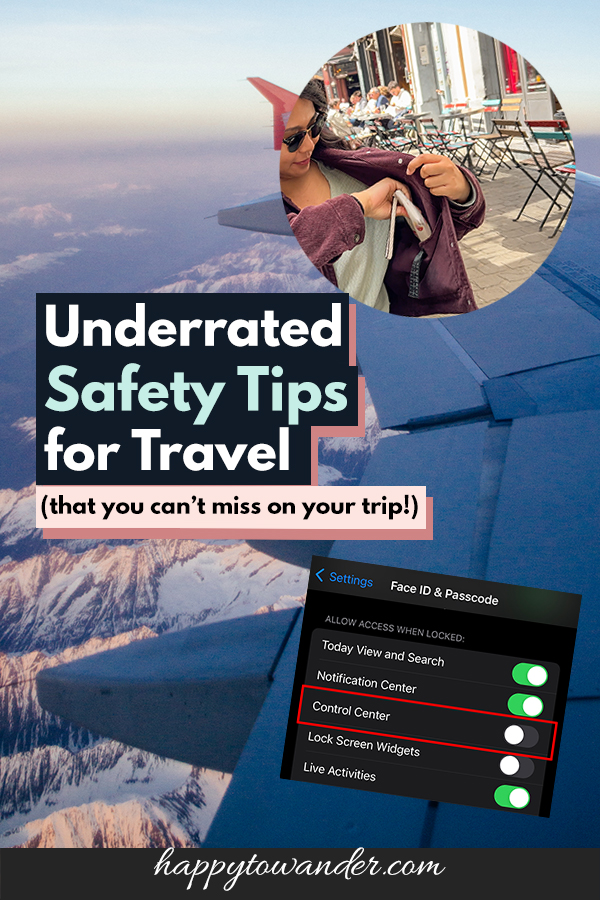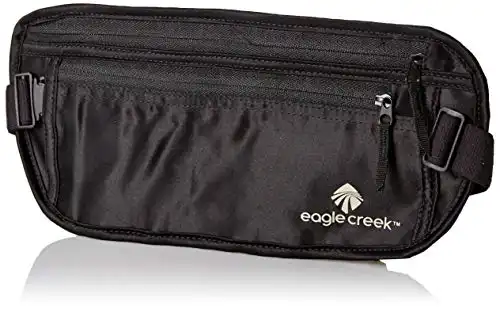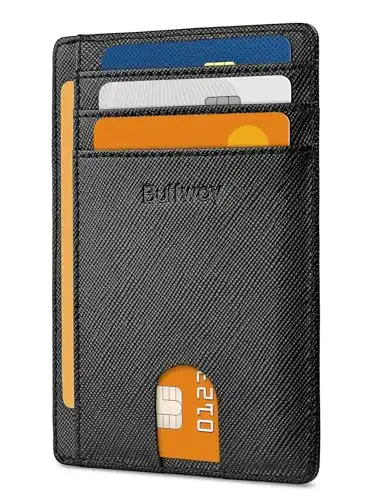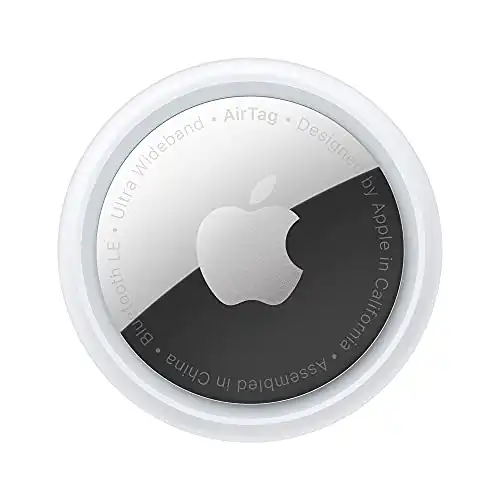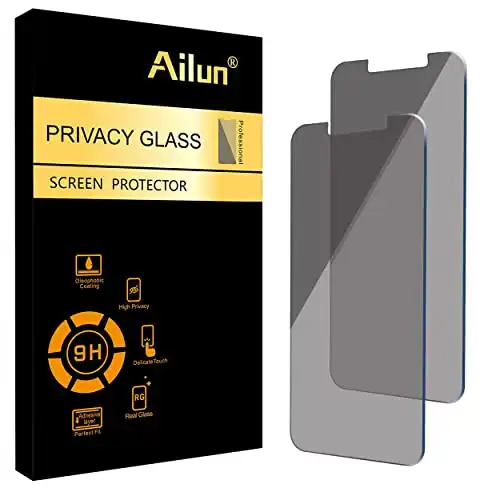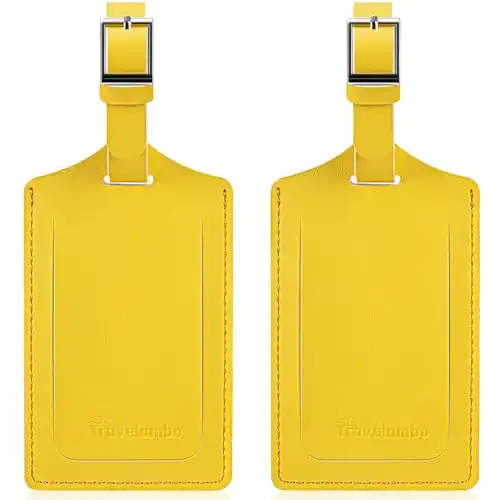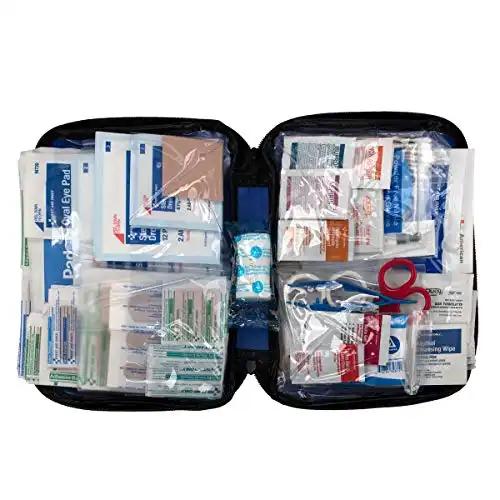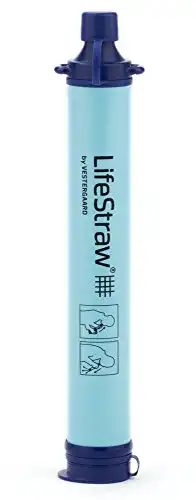*FYI - this post may contain affiliate links, which means we earn a commission at no extra cost to you if you purchase from them. Also, as an Amazon Associate I earn from qualifying purchases. Check out our Privacy Policy and Disclosure. for more info.
In the world of trip planning, there are many fun things we look forward to – plotting where to feast, strategizing what to wear, sketching the optimal route for frolicking…
But learning about how to stay safe abroad? Ugh. Boringggg.
I get it – it’s not the most exciting part of travel, but it is arguably the most important. So I’m here today to make it as painless as possible.
In today’s post, you’ll find a list of essential travel safety tips to remember no matter where you’re going, from tried and true classics to more modern additions, like innocent social media habits that could inadvertently put you in danger.
1. Avoid posting on social media in real time while you travel
We need to tackle this travel safety tip first, because I feel like almost nobody ever discusses it. So, let me shout it at you from a tall rooftop and tattoo it on your thigh: please be careful with your social media usage when you travel.
From checking in at the airport on Facebook to posting stories from every restaurant you visit, a good travel safety rule to abide by is to not ever post in real time.
There’s a few reasons for this: first, when you do post in real time, you’re basically announcing your exact whereabouts to the world which can 1) be used to locate you mid-spaghetti slurp in Italy and 2) alert people to the fact that you’re not at home, which can make your house a vulnerable target for break ins.
Granted, a lot of this risk can be mitigated with strict privacy settings, but when it comes to safety I always think better safe than sorry, hence this long video with some admittedly pretty paranoid tips.
Plus, there are some loopholes in the social media world that mean any posts meant just for friends/followers end up being seen by strangers.
For example:
- When you geotag a location in your Instagram posts/story, it can often get added to a public story for that location/city/region which means anyone can flick through it and see your dance moves at that club you went to
- When you post in a group on Facebook, depending on the privacy settings of that group, your post might get shown in strangers’ feeds… even if they aren’t in that group
- When your friend comments on a vacation post on Facebook, that activity might then show up on THEIR friends’ feeds even if you’re not personally friends with them
So, from this lens, you can see how even common things like posting a photo of the view from your hotel can be used to find your exact whereabouts abroad, which is why you should avoid sharing this stuff in real time. These days, I personally wait until after I’m gone to share anything.
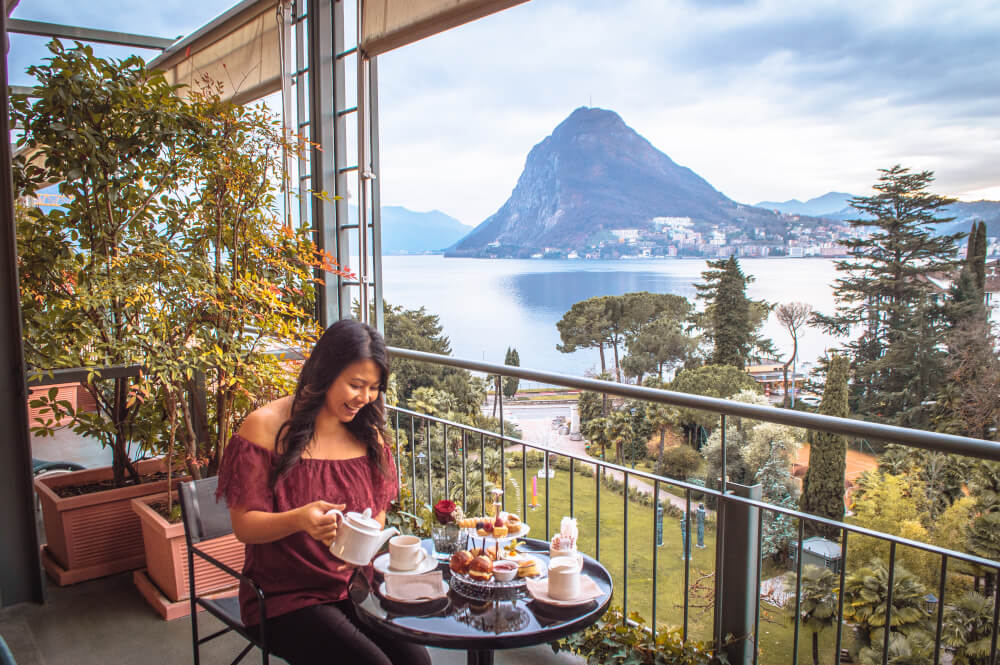
2. Time your arrivals for during the day
Next up is a basic but highly underrated tip which is to ensure your flights/trains/buses arrive in your new destination during the day.
This may be a personal preference, something about arriving in a new destination while it’s light out just makes me feel SO much safer, especially when you’re using public transport rather than a taxi to reach your accommodation. So, be sure to factor that into your planning when you’re booking transport!
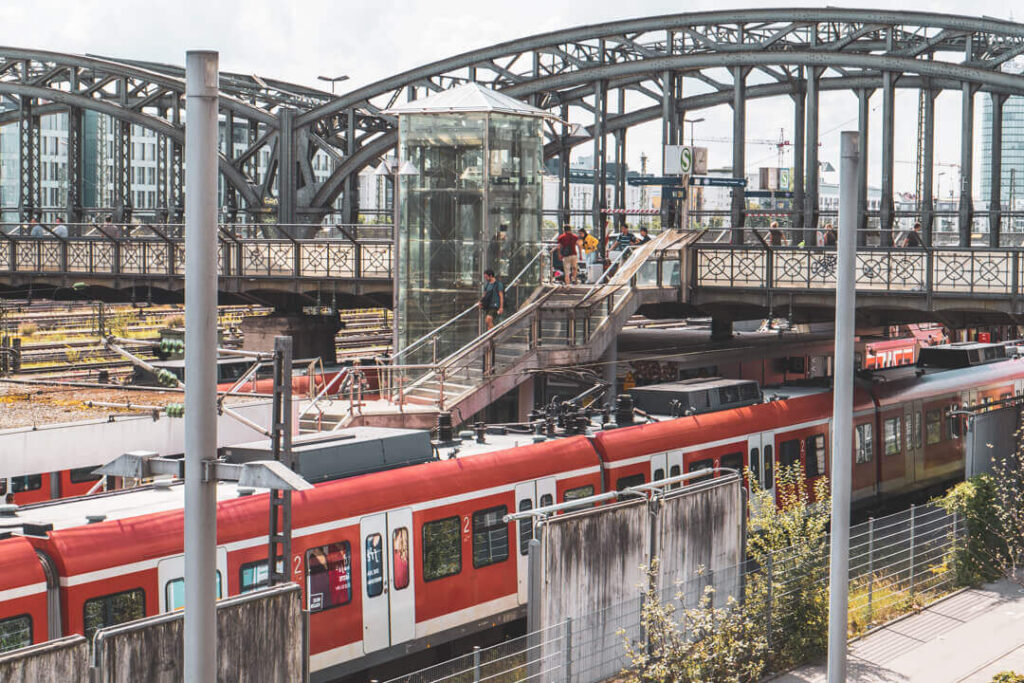
3. Familiarize yourself with local scams
Unfortunately wherever there are tourists, there are scams to watch out for.
There’s good news though! There are tons of resources online from your fellow travellers that summarize many of these scams. So it may seem simple but don’t forget to search “destination + tourist scams” before you go so you know what to look out for.
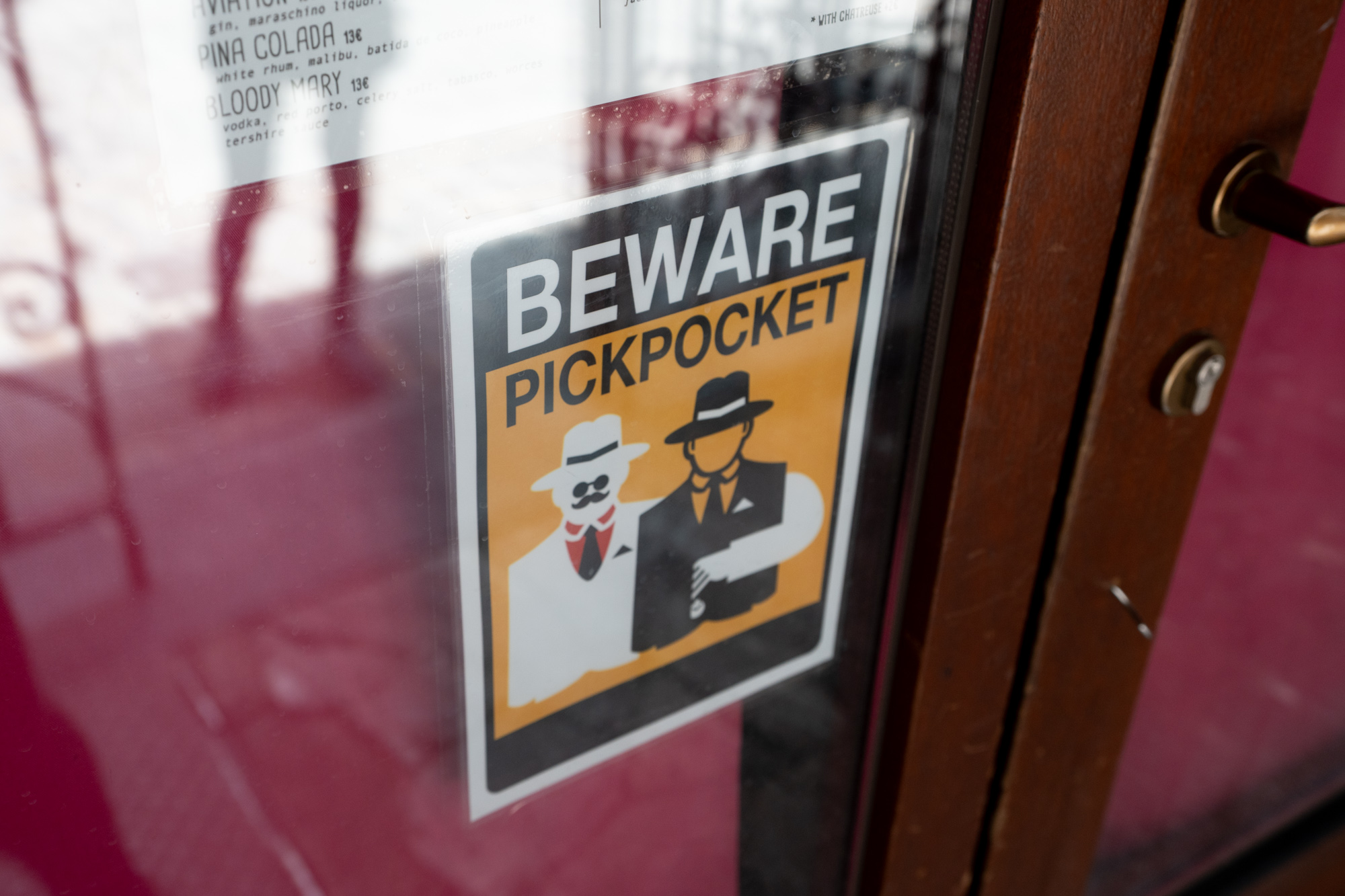
4. Look up safety in terms of neighbourhoods before you book accommodation
Many travellers often assume that central is best when it comes to booking accommodation for a trip, but depending on where you’re going, often there are undesirable areas even in the city center, close to tourist spots.
A common trap for instance is assuming that hotels near the train station are good for their location, when in reality they can often be the roughest parts of town.
SO, be sure to research specific neighbourhoods in your destination before booking. There are many great resources for that these days. I like searching Reddit (you can just Google “neighbourhoods to avoid in [destination] reddit” or you could also ask on Facebook groups for local insight.
In any case though, look for recent posts only because neighbourhoods can change a great deal over a few years, meaning many older travel guides may be outdated.
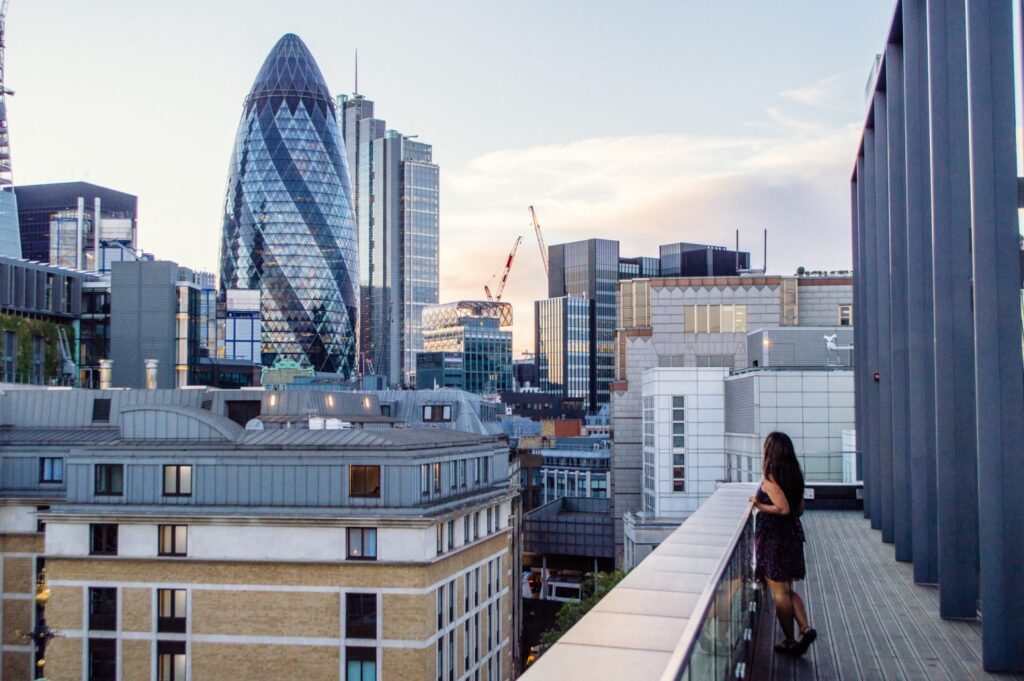
5. Research local laws and regulations
Just because things are done in a certain way back home, doesn’t mean that’s how things are done in your destination.
There’s a surprising number of things that can get you fined (or worse) when you travel. This of course depends on where you’re going, but even simple things like feeding pigeons, playing music on a beach or using swear words are things that have gotten tourists in trouble… so don’t forget to look into local regulations before you go!
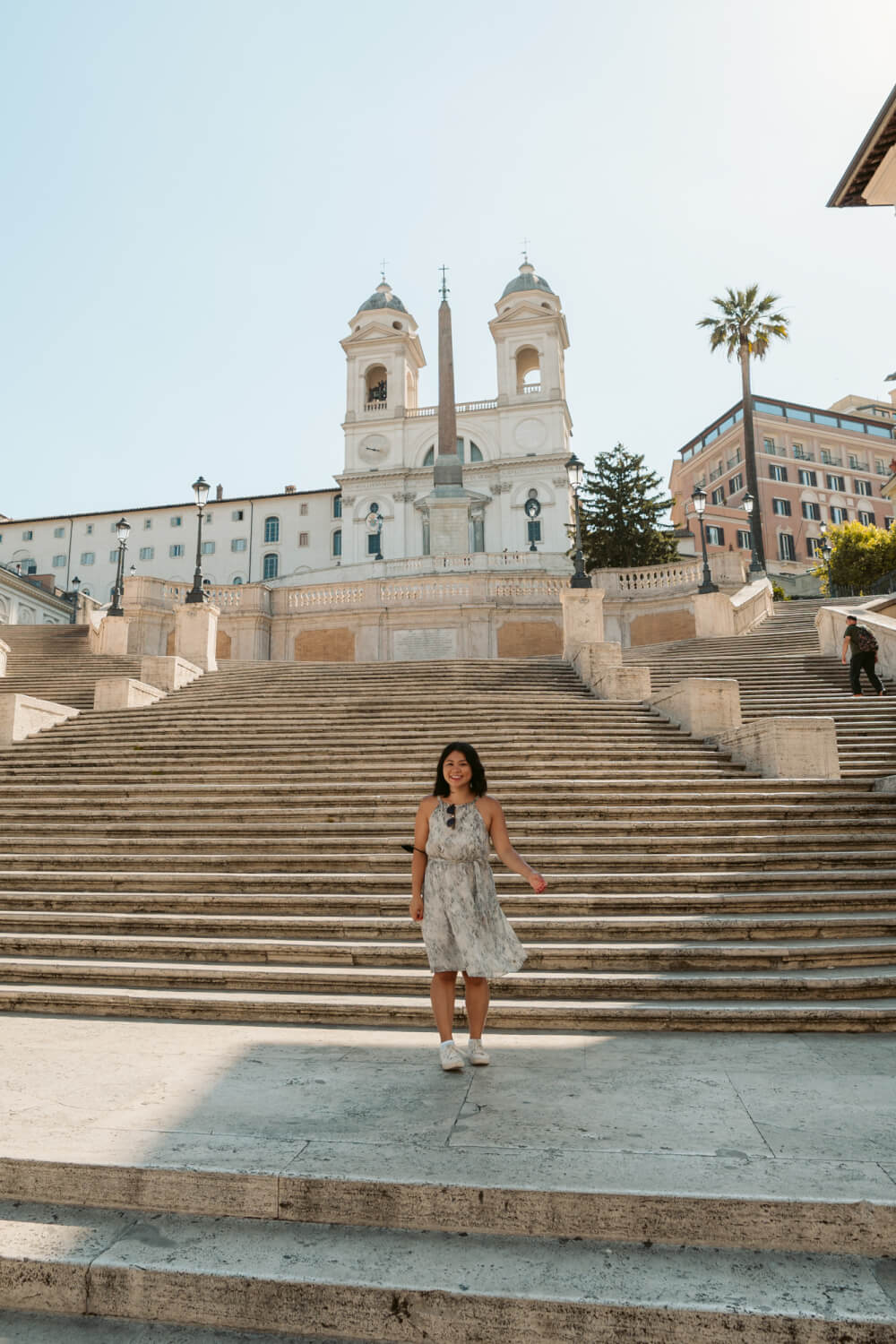
6. Research restrictions and rules on medication
A similar travel safety tip if you travel with medication is to look into whether you can actually bring your medication into your destination, because different countries can have different rules about these things… and the last thing you want is to get caught with illicit ‘substances’ in a new place, even if they’re just standard medication you would take back home.
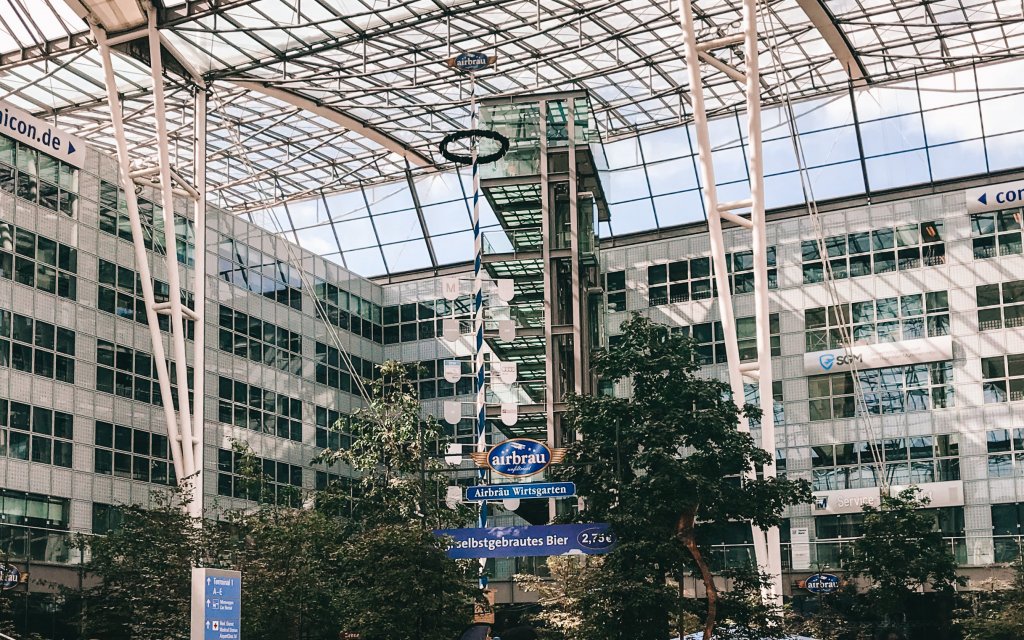
7. Be sure to get travel insurance
Now this one is a given, but remember: having travel insurance is usually a good idea, or better yet, investing a travel credit card that includes insurance is a good idea. This means not having to pay extra for it, and having great coverage worry-free.
I usually get insurance through my credit card which makes life SO much easier, but for longer trips I typically book with WorldNomads and can highly recommend them.
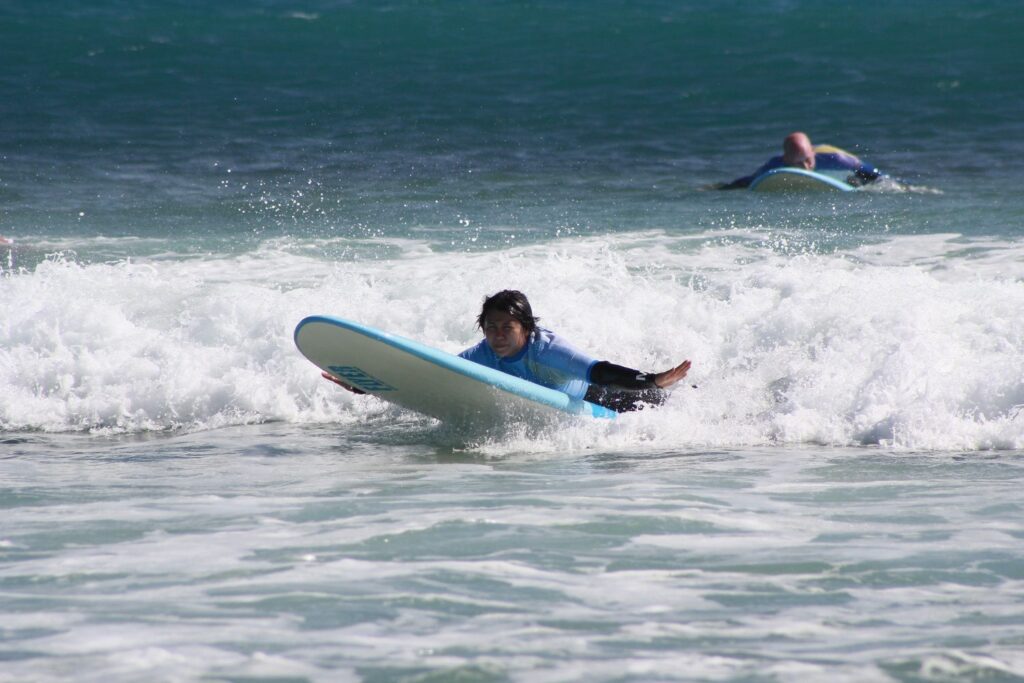
8. Do not make yourself an appealing target for robbery
Now, I’ve previously written about how to avoid pickpockets in Europe, but honestly the #1 tip I can offer for any destination is to simply not look robbable.
The logic is fairly easy to follow: if you’re out wearing flashy jewelry or really expensive clothes, you’re naturally more of a target for petty theft… so my rule of thumb is to not go out with anything that I wouldn’t mind losing. I know you want to look nice on your trip, but if you can’t stomach losing your heirloom necklace or fancy watch, then do not bring it abroad with you.
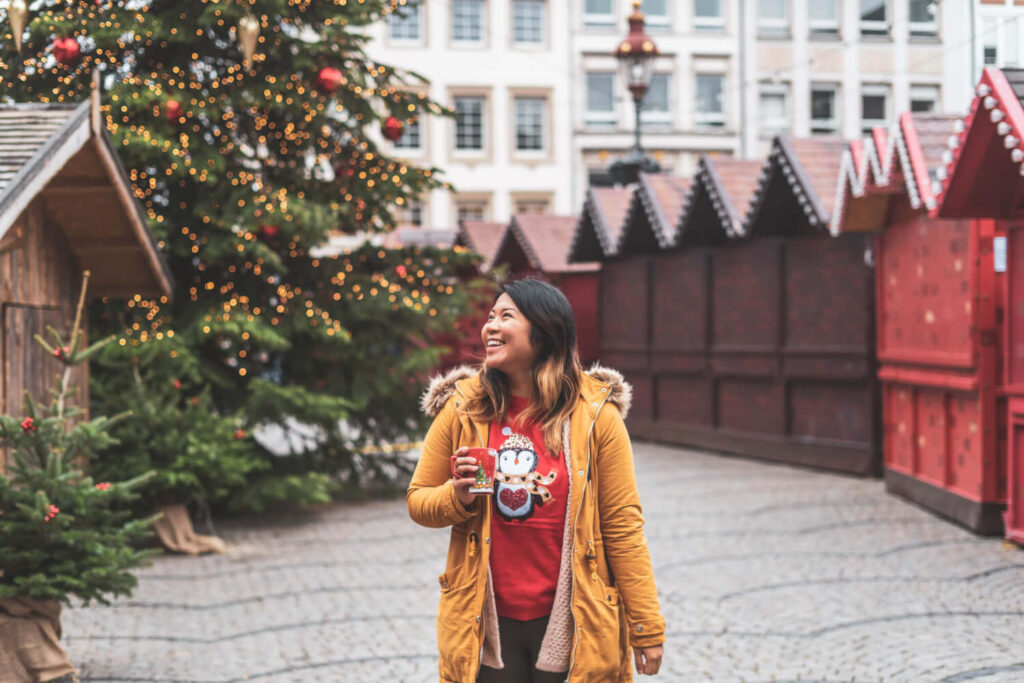
9. Don’t carry too much cash on you
On a similar note, another travel safety tip I always advise is to never carry more than you’d be comfortable losing, and be sure to split up your cash and cards in different bags so if one goes, you still have backups.
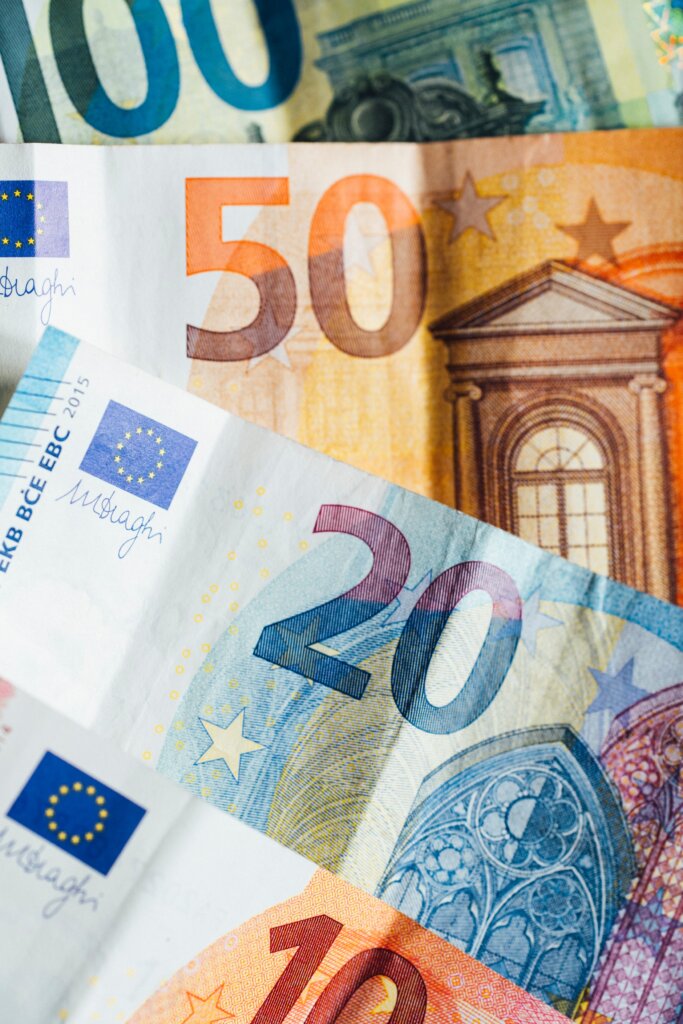
10. Pay attention to your surroundings
This again sounds like common sense, but it’s worth repeating: it can be VERY easy to get distracted when you’re travelling, so remember to stay sharp and vigilant even as you’re oohing and ahhing your way through the sights.
Most of the time, pickpocketing or petty theft occurs by them getting close to you while you’re distracted, so keeping distance from people and staying alert can really save you in most cases.
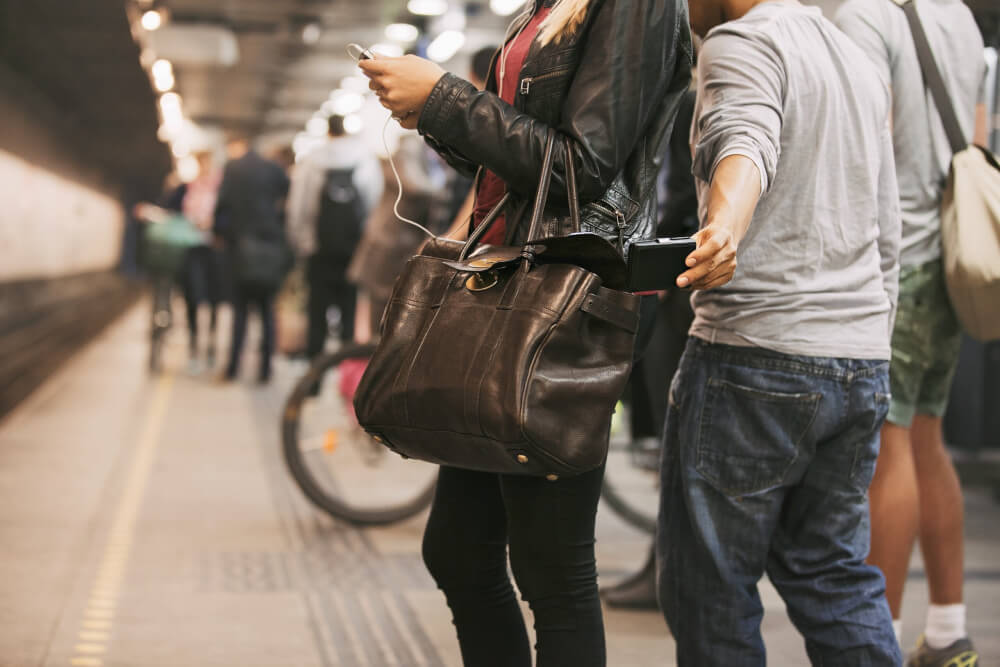
11. Keep your valuables in a safe and close spot for ease of mind
As much as we can discuss avoiding theft, at the end of the day, what you need to protect most are your cards, your phone and your passport. The rest can be easily replaced. So make sure you prioritize keeping these in safe place all throughout your travels.
A lot of people swear by money belts that you wear under your clothes, like this one…
Made of breathable & washable natural silk, this money belt is a comfortable way to keep cash, cards and important documents stashed safely when you travel.
But to be honest, those have never really worked for me just because I don’t find them very comfortable. I prefer wearing jackets or vests that have an inside pocket – that way I always have my stuff accessible, but also tucked away so that it’s impossible for people to get to.
But if you’re a money belt person, go for it – I’m not here to judge.
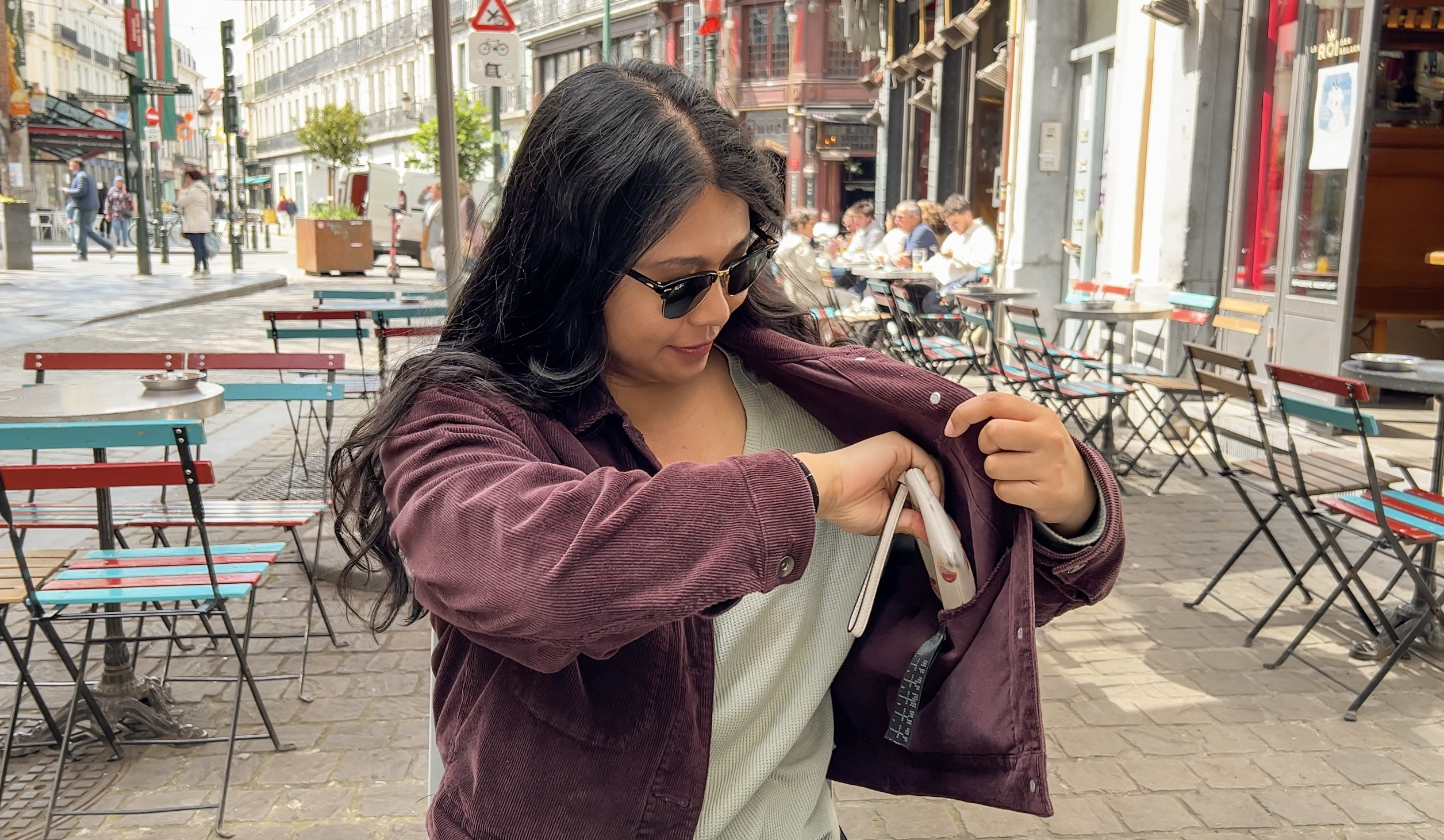
12. (Maybe) Get an RFID blocking wallet
This is a common piece of travel safety advice I’ve heard a lot, that getting an RFID blocking wallet supposedly prevents your details from getting skimmed by scanners.
But I wouldn’t say that this is an absolute must because based on my research, this kind of crime is pretty rare. That said, it’s not impossible, so if it’s in your budget or if you have one already, if couldn’t hurt to bring one on your trip.
Looking for an RFID blocking wallet that doesn't break the bank? This slim unisex design is perfect for travel, and comes in over 30 different colours.
13. Know where the embassy or consulate is
In a worst case scenario, you may need to get help from your country’s embassy (if you’re in your destination’s capital city) or from the local consulate (if you’re in a place outside your destination’s capital).
So, it might be worth taking note of where the closest one is, just so you know where to go if you absolutely need to.
Truth be told, these days with our phones, it’s pretty easy to find locations and directions quickly, but in a case where even your phone gets stolen and there’s no other way for you to seek help, then knowing how to quickly get to the embassy/consulate can be a huge lifesaver.
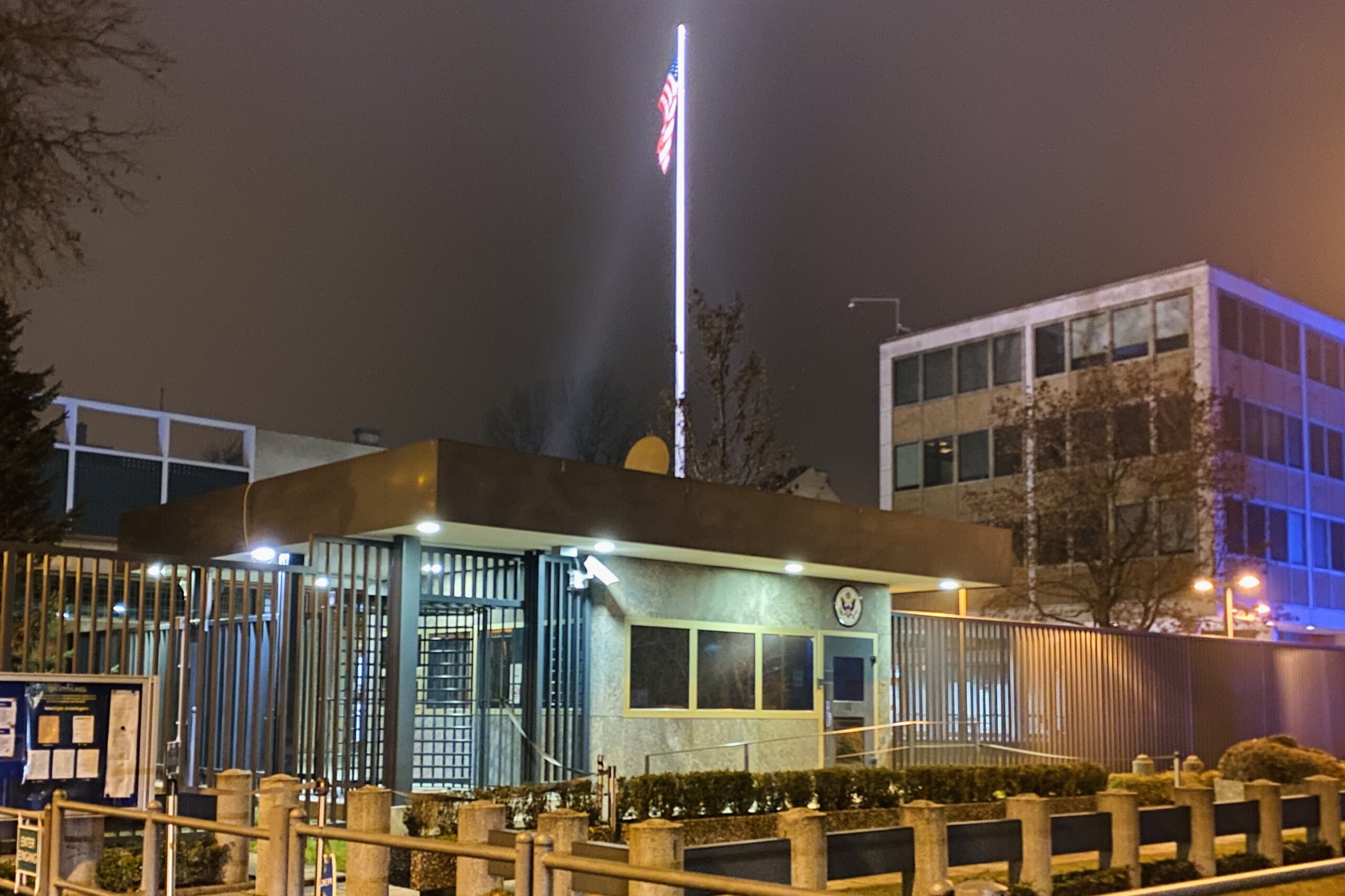
14. Use location trackers to keep track of your valuables
It might sound paranoid, but honestly if you’re worried about theft abroad, putting location trackers on your most valuable belongings can bring SO much peace of mind to a trip, so I’d recommend investing in a few. I now have one for each of my suitcases, and one I throw in my backpack/purse and wallet.
As an Apple user, I use AirTags, but Tile makes location trackers as well that are compatible with any device.
If you're checking a bag, the best accessory you'll ever spend money on is an Apple AirTag. With it, you can monitor where your bag is at all times, which provides priceless ease of mind.
15. Back things up frequently
Another travel safety tip that I feel like nobody mentions is the importance of backing things up.
Most of the time when things get stolen, they can eventually be replaced, but what can’t be replaced are things like memories and photos, so I would recommend backing up photos and videos every evening when you get back to the hotel, just in case.
… I say this as someone who had a terrible hard drive crash years ago and ended up losing almost 9 months worth of amazing video footage… so don’t be like me!
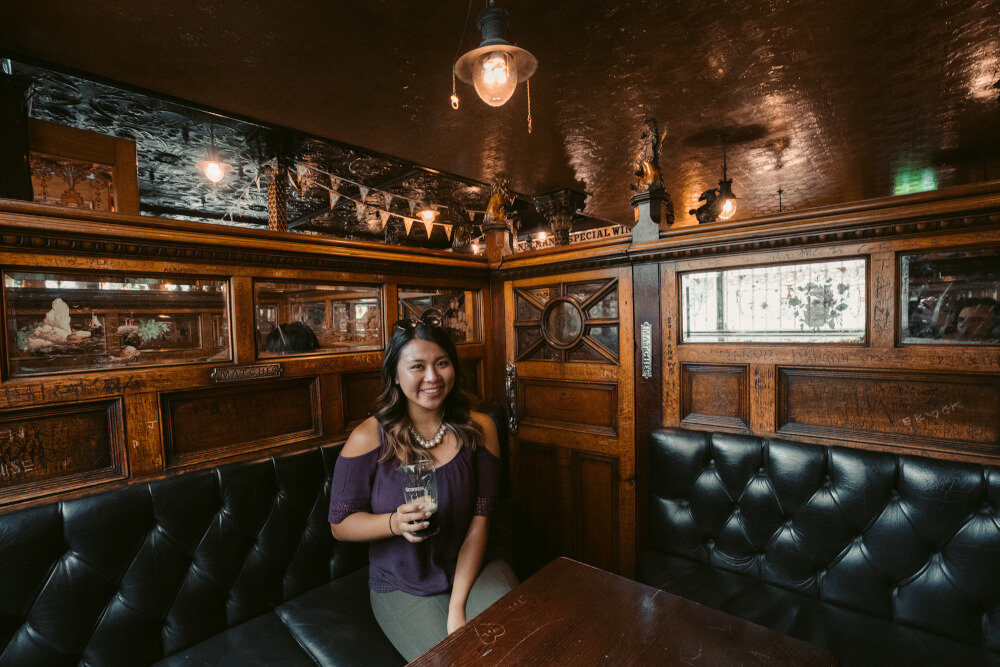
16. Ensure there’s no way your phone can be put on airplane mode without your passcode
Okay, this is an important one, and it’s one that not many people know about, so listen up.
If there is a way for your phone to be put on Airplane Mode when it’s locked, then be sure to disable this feature when you’re out and about.
With iPhones for instance, a lot of us have a shortcut enabled that allows us to swipe down on an unlocked phone screen to show our Control Center, where we can quickly then put the phone on airplane mode. This sounds harmless enough until you realize that a common trick that phone thieves use when they take your phone is they put it on airplane mode immediately so it can’t be tracked as easily.
SO, remember to disable any convenient features that might allow a phone thief to put your phone on airplane mode.
With iPhones, this is the process for turning off Control Center access on a locked phone:
- Go to Settings
- Go to the Face ID and Passcode section
- Scroll down to “Allow Access When Locked” and toggle off Control Center
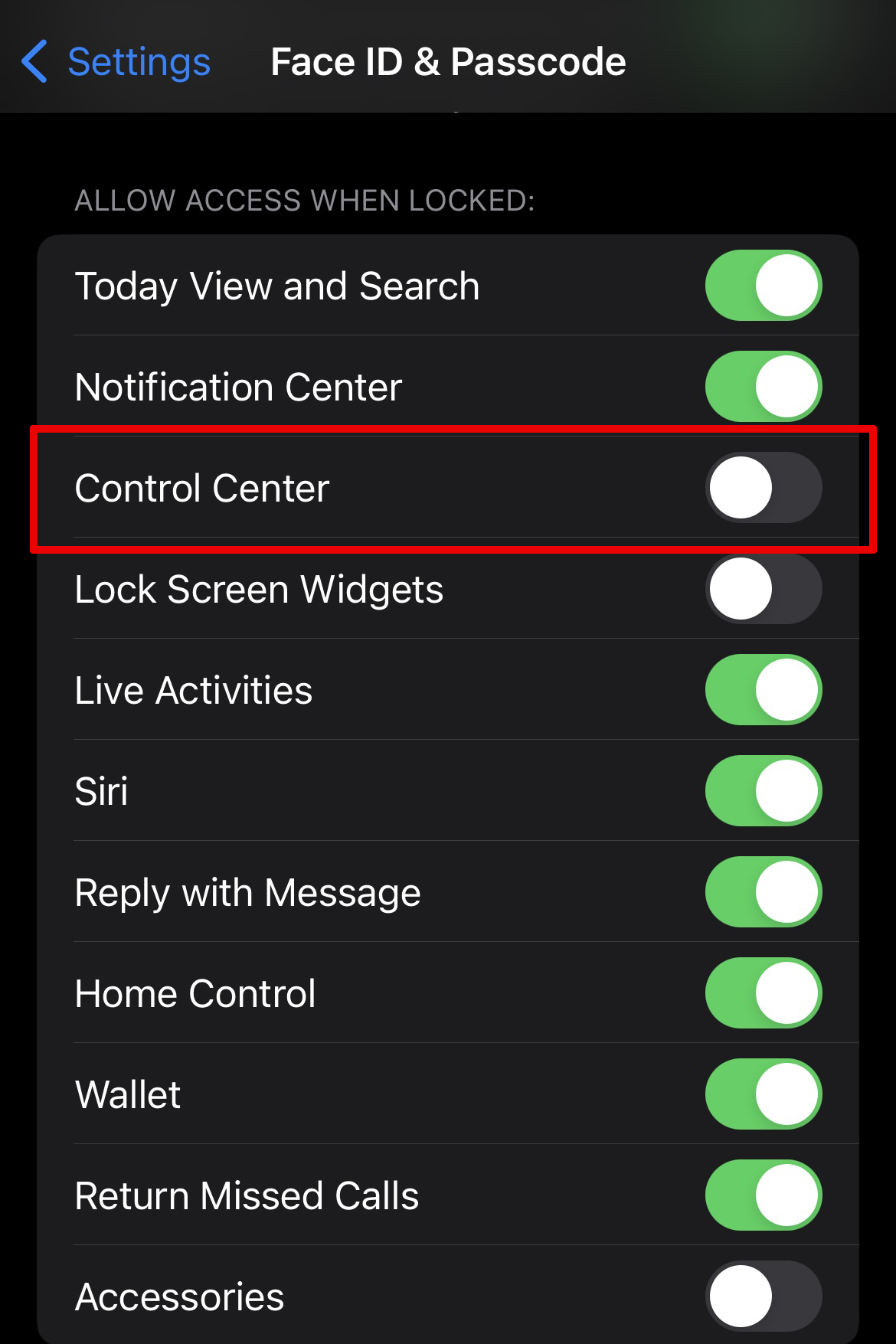
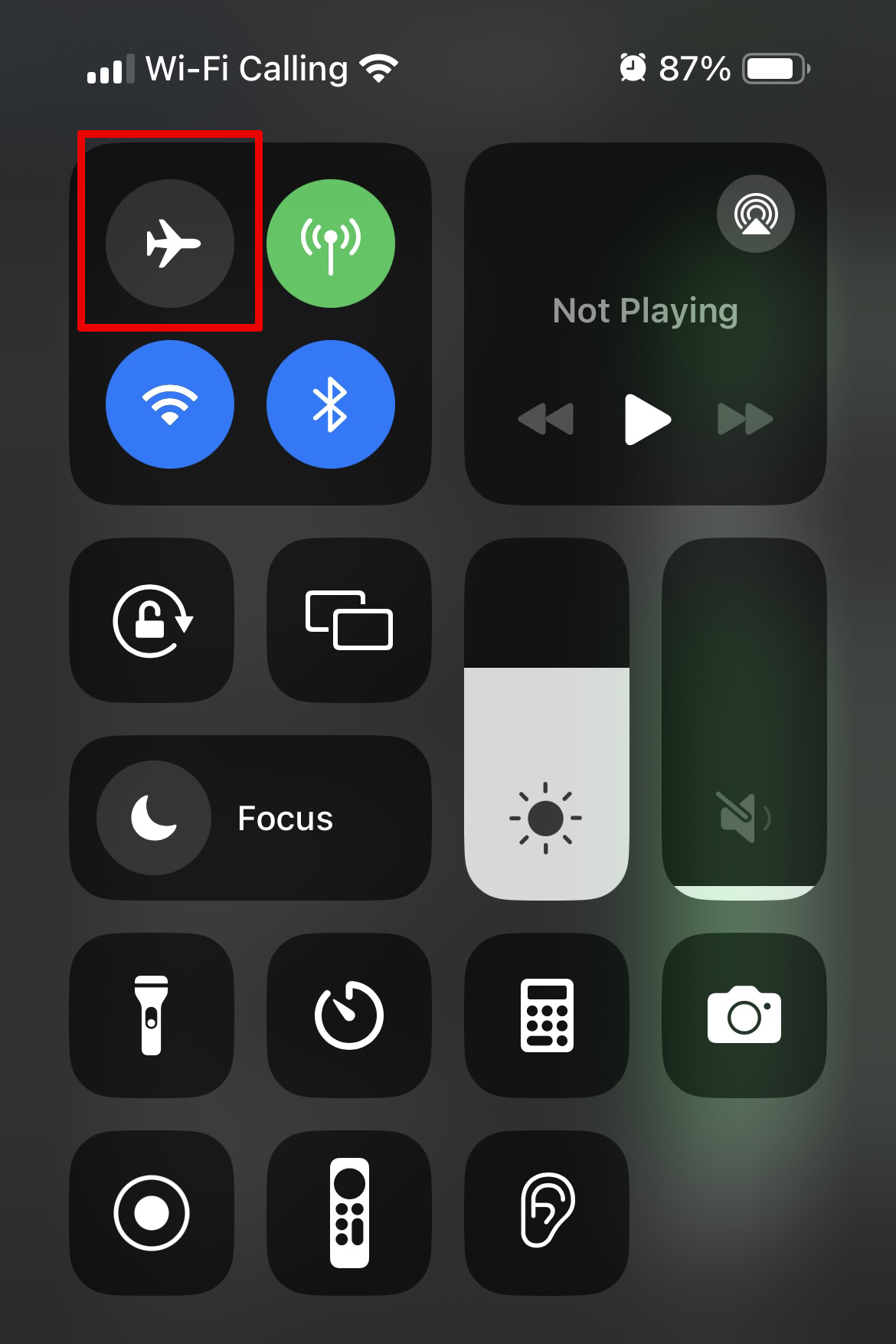
17. Keep loved ones updated on your whereabouts
Another important travel safety tip is to just keep people from home in the loop about your trip and where you’re headed, especially if you’re on your own.
(Again, do not do this through public social media because you don’t want everyone to know your whereabouts all the time!)
For a more discrete solution, there are lots of apps you can use these days like the Find My app for iPhone users that allow you to effortlessly share your location, so consider enabling something like this during your trip.
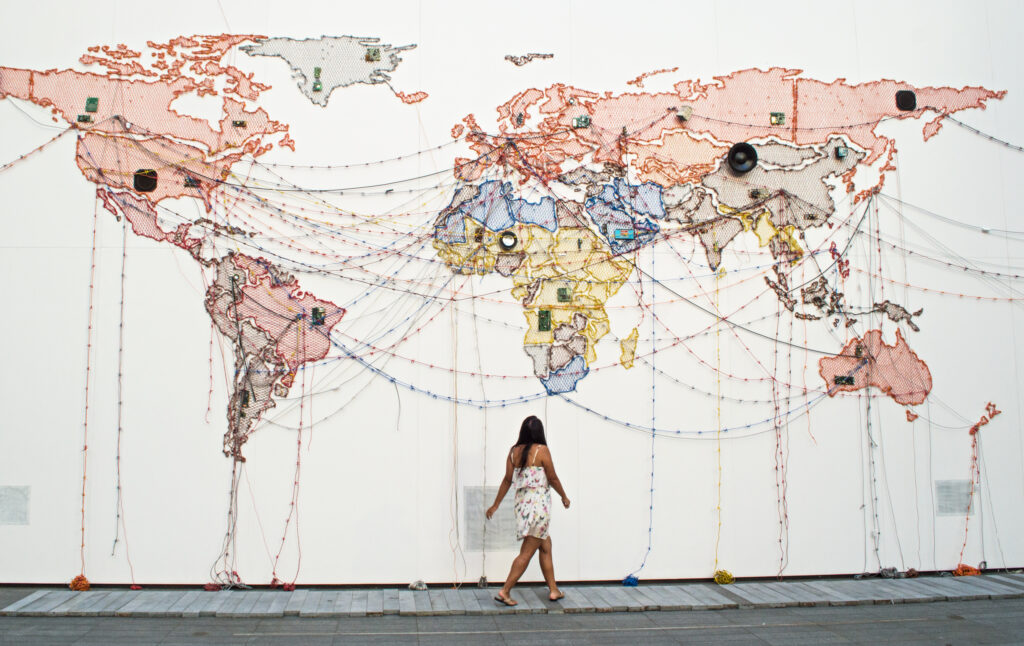
18. Have a game plan in case your phone gets stolen
Now, another underrated travel safety tip in the era of smartphones is simply having a plan in place in the worst case scenario that your phone is stolen.
If you’re anything like me, you have your whole life on your phone, so if it goes, you’re left pretty helpless. That’s why it’s important to have a plan in place if your phone does get taken from you.
So, think to yourself: if my phone gets stolen, how can I make the aftermath as painless as possible?
Some things I would do are…
- Get a business card from your hotel as soon as you check in so you have a copy of the address
- Memorize how to get to your hotel based on landmarks
- Have a copy of important phone numbers you might need and leave it at the hotel
- Make frequent backups of all my phone info (like on iCloud) so that I can easily load all my info into a new phone when I get it
- Sync my phone with other devices (e.g. my MacBook) so I have a link to it if it gets taken
- Have at least $20 backup cash in case all my cards are synced to my phone
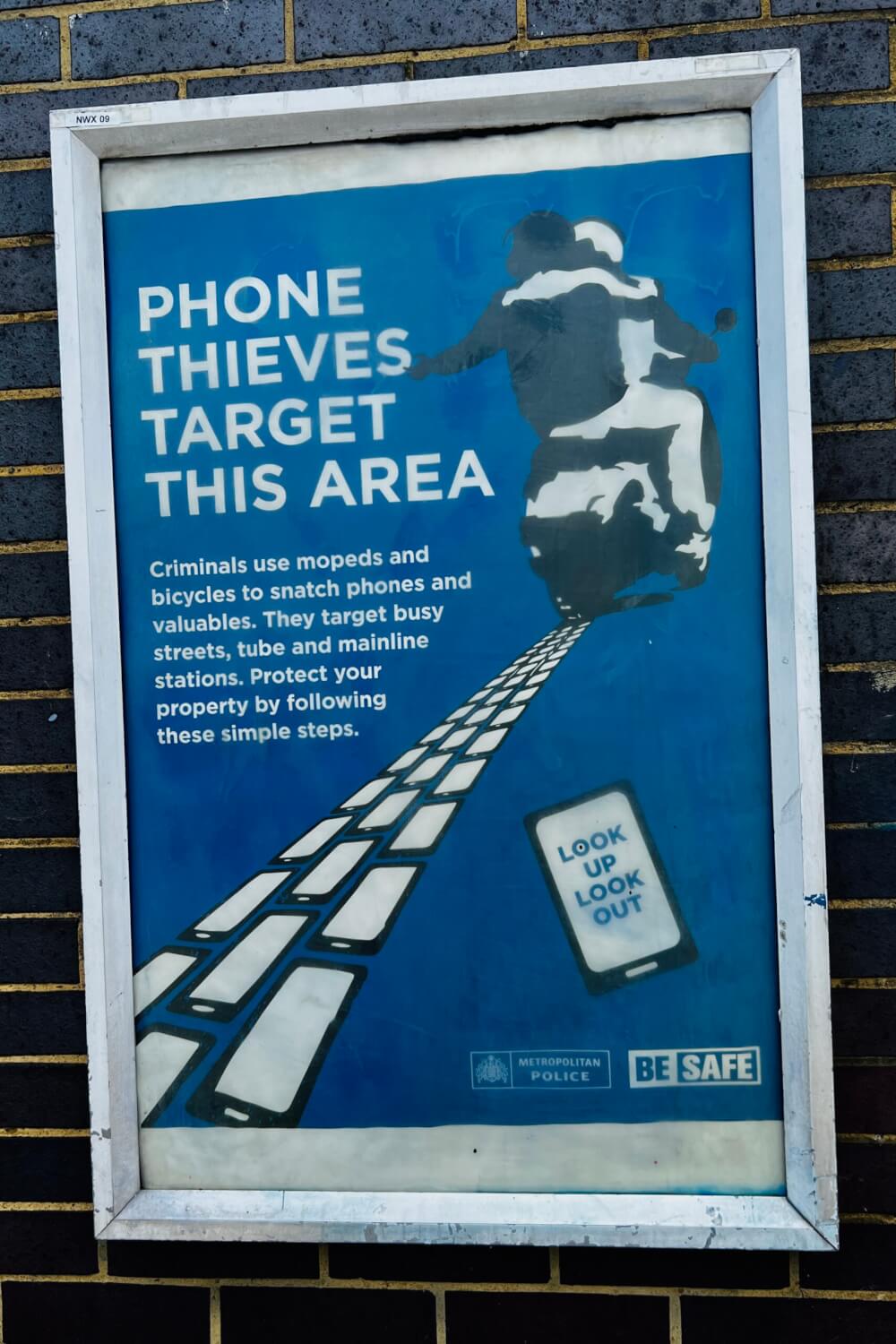
19. Buy a special privacy screen protector
As I mentioned above, these days we live out our whole lives on our phones, conducting everything from private conversations to banking on our little devices.
But of course, we get so absorbed by our phones that sometimes we forget a very simple thing: strangers can read your screen too!
So, if you’re paranoid about this, do know that they make special privacy screen protectors now that make it impossible to see what’s on your screen unless you’re right in front of it. This can be handy for avoiding situations like people seeing your passcode/passwords, your precise route and where you’re headed, etc.
A handy and affordable screen protector for your phone that prevents others from seeing what's on your screen. NOTE: Be sure to get the right size for your phone!
20. Minimize the personal details on your luggage tag
Speaking of obscuring private information, another important travel safety tip is this: when you’re packing your bags, make sure you don’t write any personal information on luggage tags that you’d feel weird about a stranger seeing.
A lot of people write things like their full name and address (in fact, most luggage tags have these lines built in!) but honestly these days, just an email or phone number would be sufficient. You could also get a luggage tag with a cover for additional privacy.
These luggage tags are built with privacy covers to keep your details safe, and (best of all), they come in over 20 colours! PS: They're the #1 most purchased luggage tags on Amazon.
21. Pack a basic first aid kit
If you’re travelling somewhere more remote (or honestly, so long as you have the space), I’d advise packing a little travel first aid kit so that you are covered in case anything goes wrong.
This would of course be more important for trips where you’re planning to do a lot of physical activities (e.g. hiking), but even for city breaks I would pack essentials like bandaids, blister pads and pain medication.
This flat first aid kit contains 298 items including bandages, antibiotic ointments, pain medication & more.
22. Make copies of important documents
Another safety precaution I would take is making sure I have copies of important documents like my passport, visas, and IDs. As I mention in my iPhone travel hacks post, I like to have copies accessible on my phone, but I’d also print some physical copies too in case my phone got stolen.
BONUS TIP: I would also put together a “doomsday doc” with emergency numbers and info, e.g. what number to call if your credit card gets stolen.
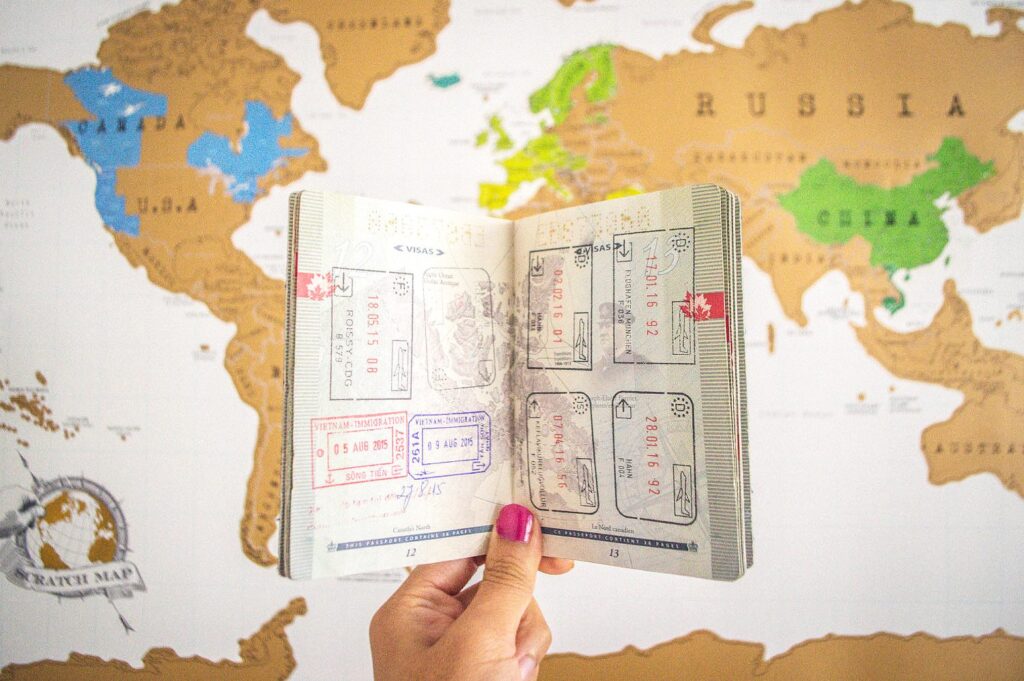
23. Buy or print out some cards about your allergies in the local language
Now let’s move onto some food-related safety tips for travel!
The first one is simple – if you have any food allergies, be sure to get some printed cards that explain your allergies in the local language. Do not try to rely on your own language skills to get you through this – having a printed version helps make things crystal clear.
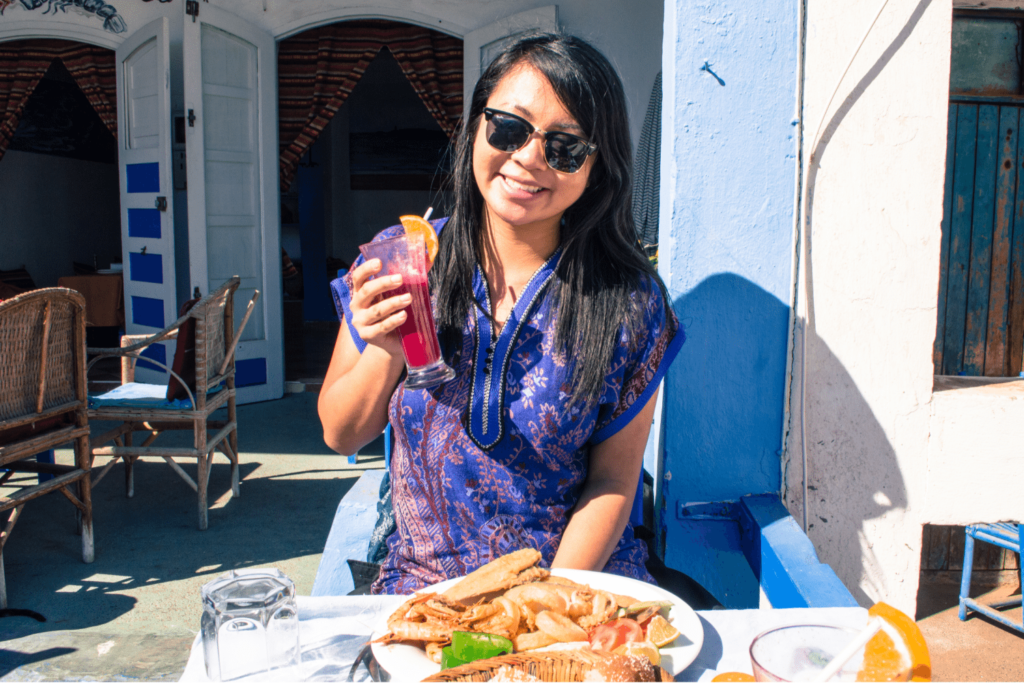
24. Be more cautious re: food hygiene
Depending on your destination, you should also pay attention to food hygiene a bit more than you regularly would at home.
If you’re going somewhere without a ready supply of clean drinking water for instance, I would be sure to take some extra steps like…
- Avoiding ice in your drink
- Going for fully cooked food (rather than sneaky surprise foods like salad, raw fruit or veggies that can carry illness if the water isn’t clean)
- Aiming to eat at busy places to minimize the likelihood that food has been sitting out
- Sticking with fruits that contain built in protection like bananas and oranges (rather than ones where you eat the skin, like apples)
- Carrying a portable water filter straw like a LifeStraw if you’re going somewhere with questionable water quality
This amazing handy (and affordable) tool allows you to drink clean, filtered water on the go. Perfect for those who spend a lot of time outdoors!
25. Sanitize your hands before eating
In a post-2020 world, I think we’re all pros at sanitizing our hands by now… but it’s easy to get complacent and forget. So, remember: if you’re eating, sanitize those grabbers.
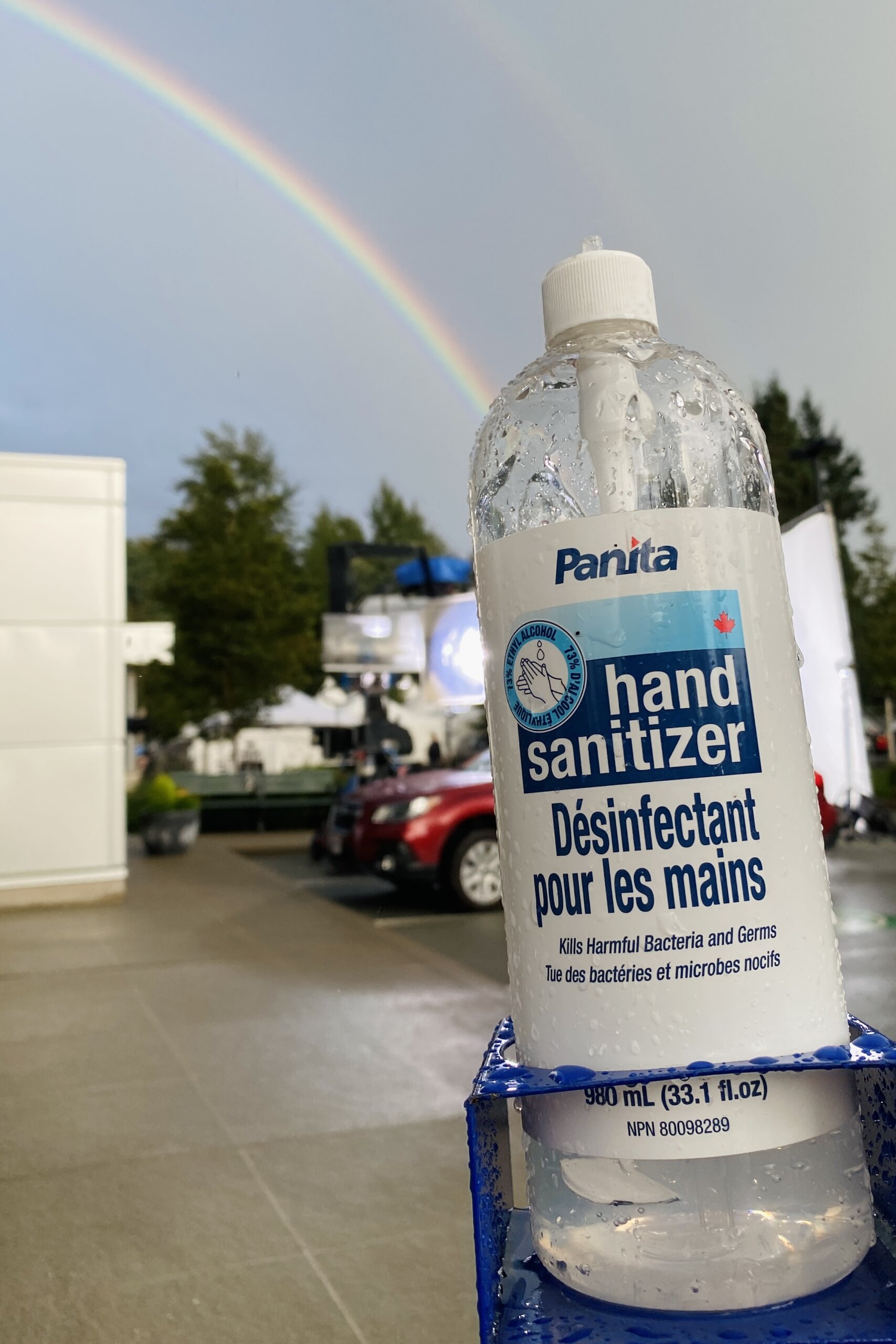
26. Pick options where there’a a paper trail
Now this is a vague-sounding travel safety tip, but allow me to explain: there are many instances in travel when you might have the opportunity to pay in cash in-person vs. booking things online and paying in advance.
My preference is to always book the option that has a paper trail (e.g. receipts, confirmations, etc.)
So if you’re getting a taxi for instance, order through an app instead of flagging one down on the street. This gives you an additional bit of security because the more of a paper trail there is, the less likely it will be a scam.
This isn’t a foolproof technique of course, but ordering a taxi through an app for me will always feel safer than getting in a random car I’ve waved down.
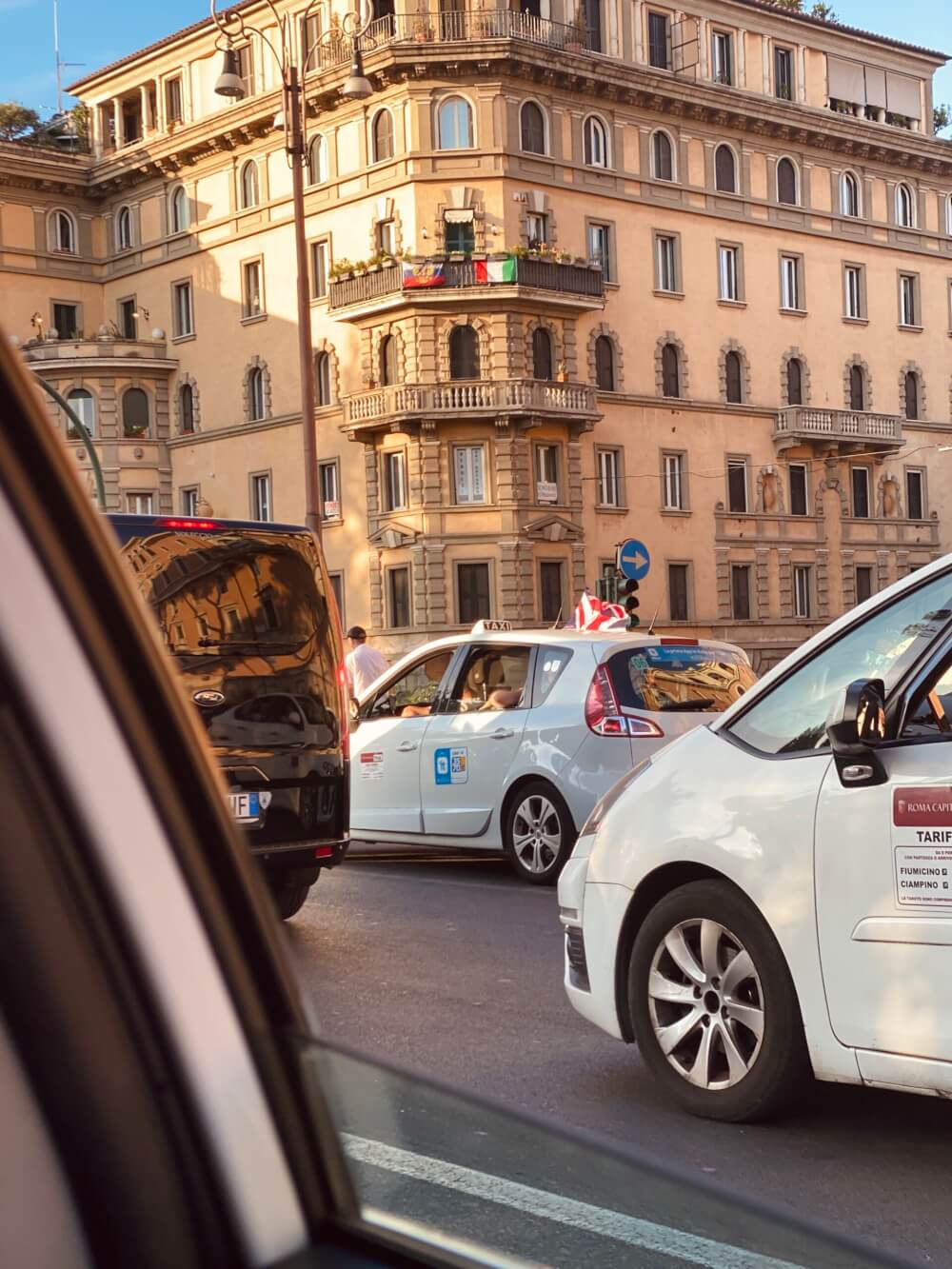
27. Wherever possible, pay with credit cards and not debit cards
With credit cards, you tend to have more recourse if things go wrong and also from my experience they’re more universally accepted than debit cards.
I can highly recommend getting a travel-friendly card like Wise.
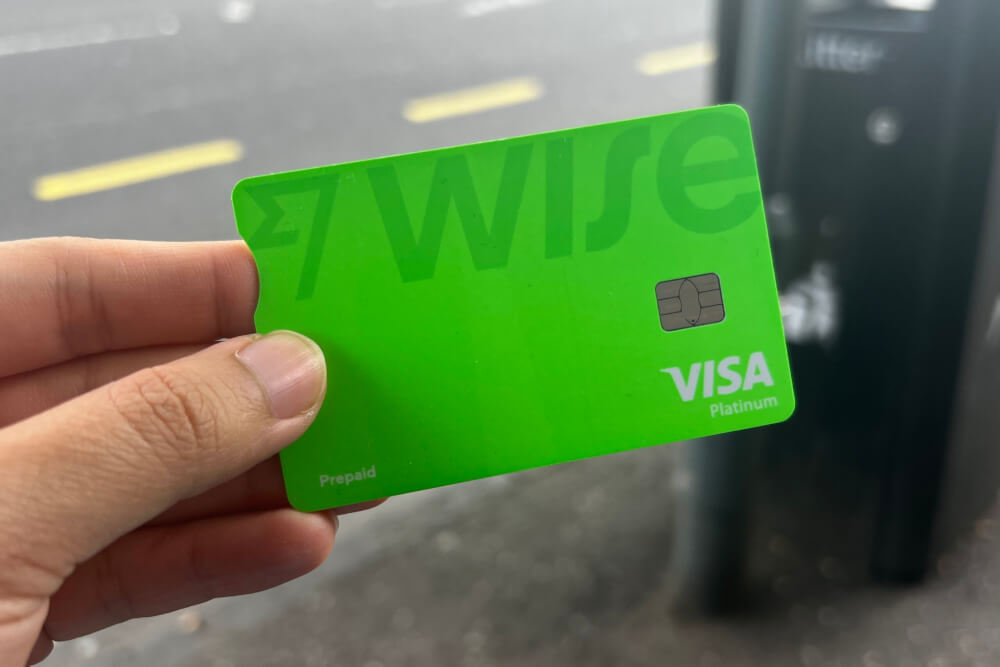
28. Never say your hotel room number out loud
Now when you get to your accommodation abroad, there are a few extra tips to keep in mind.
The first is to never say your room number or floor out loud. You never know who might be listening close by. Most hotel staff are now trained to never say the room number out loud to you and there’s a reason for that, so don’t forget!
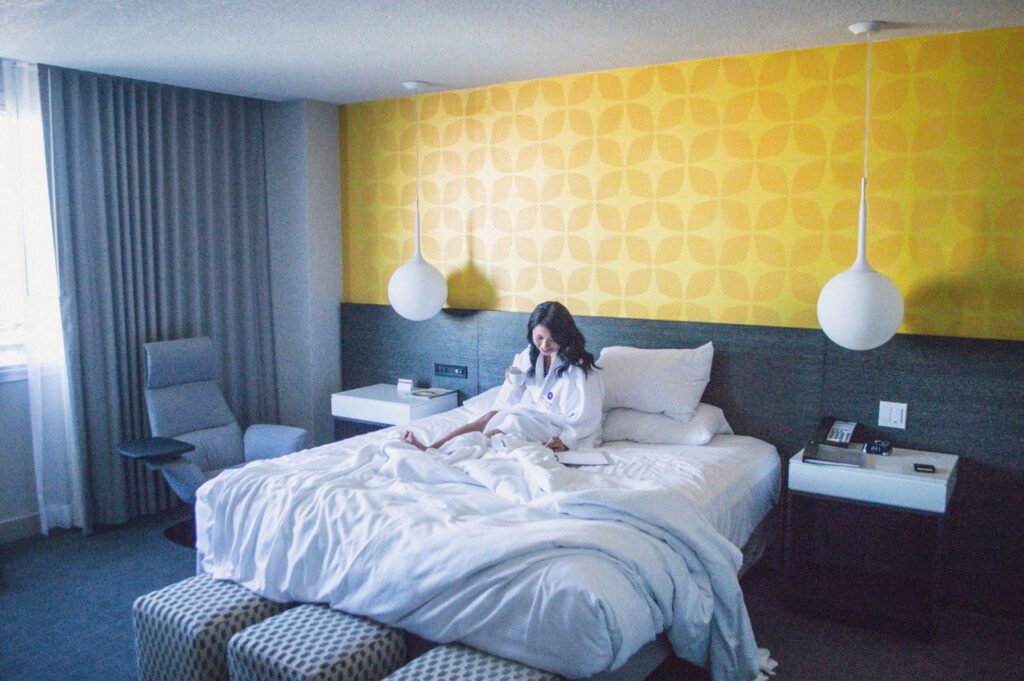
29. Do a quick check of your hotel room before settling in
When you arrive in your room, it might also be wise to do a quick check before you settle in as well.
I admit I’m not the most diligent with this, but a lot of travellers swear by doing a full sweep of the room just in case, looking inside the closet, behind curtains in the bathroom, even under the bed to double check nobody else is in the room.
At this point it might also be smart to do a quick check for bed bugs.
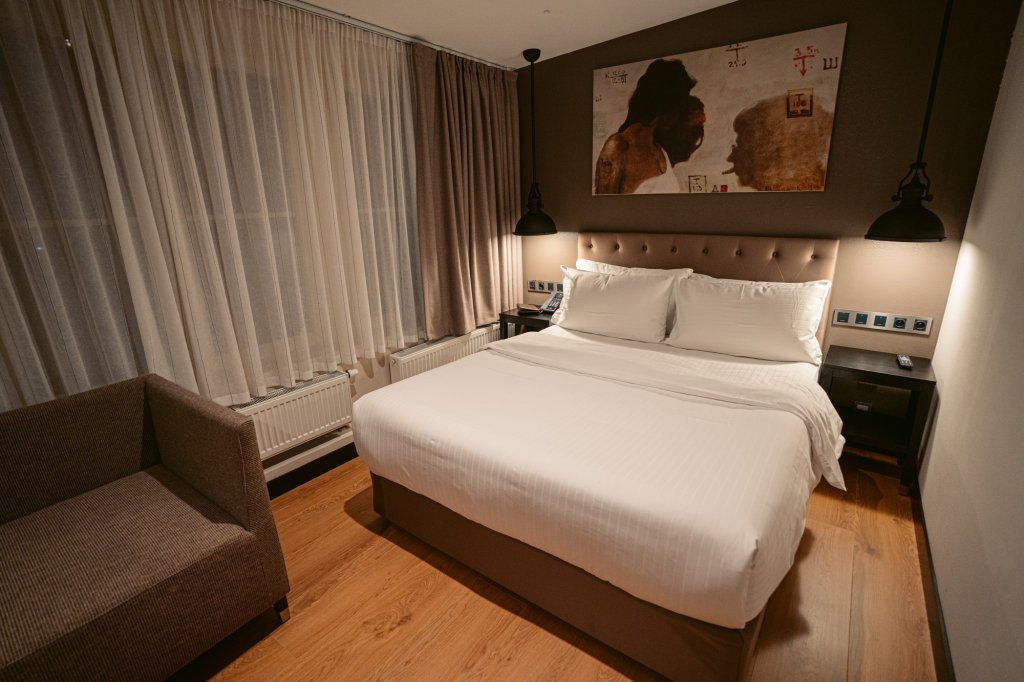
30. Use the hotel room deadbolt
When it comes to staying safe at hotels, I just make sure I lock the deadbolt before going to sleep, though some travellers swear by carrying their own special locks like this one, or even putting a loud object at the door so if someone does come in, it makes a loud noise.
NOTE: I know this all sounds like a lot and it makes travel sound so dangerous but I promise I’ve felt safe during 99% of my travels. Honestly at the end of the day it comes down to your own comfort levels and it’s about feeling safe more than anything else, so many of these tactics might sound like overkill, but pick and choose the ones that would make you feel safest.

31. Be picky with the ATMs you use
Another important tip: if you’re getting money out from a local ATM, do be a bit picky with which ATMs you choose.
I typically only go to ones that are connected to banks rather than the standalone ones which often charge more fees anyway.
Often ATM scams rely on scanners that steal your information, which is why the well lit ATMs in bank buildings with cameras tend to be harder to tamper with. Again, this isn’t a foolproof system, but ultimately the only thing you can do is just minimize potential threats… so remember to go for ATMs in bright places!
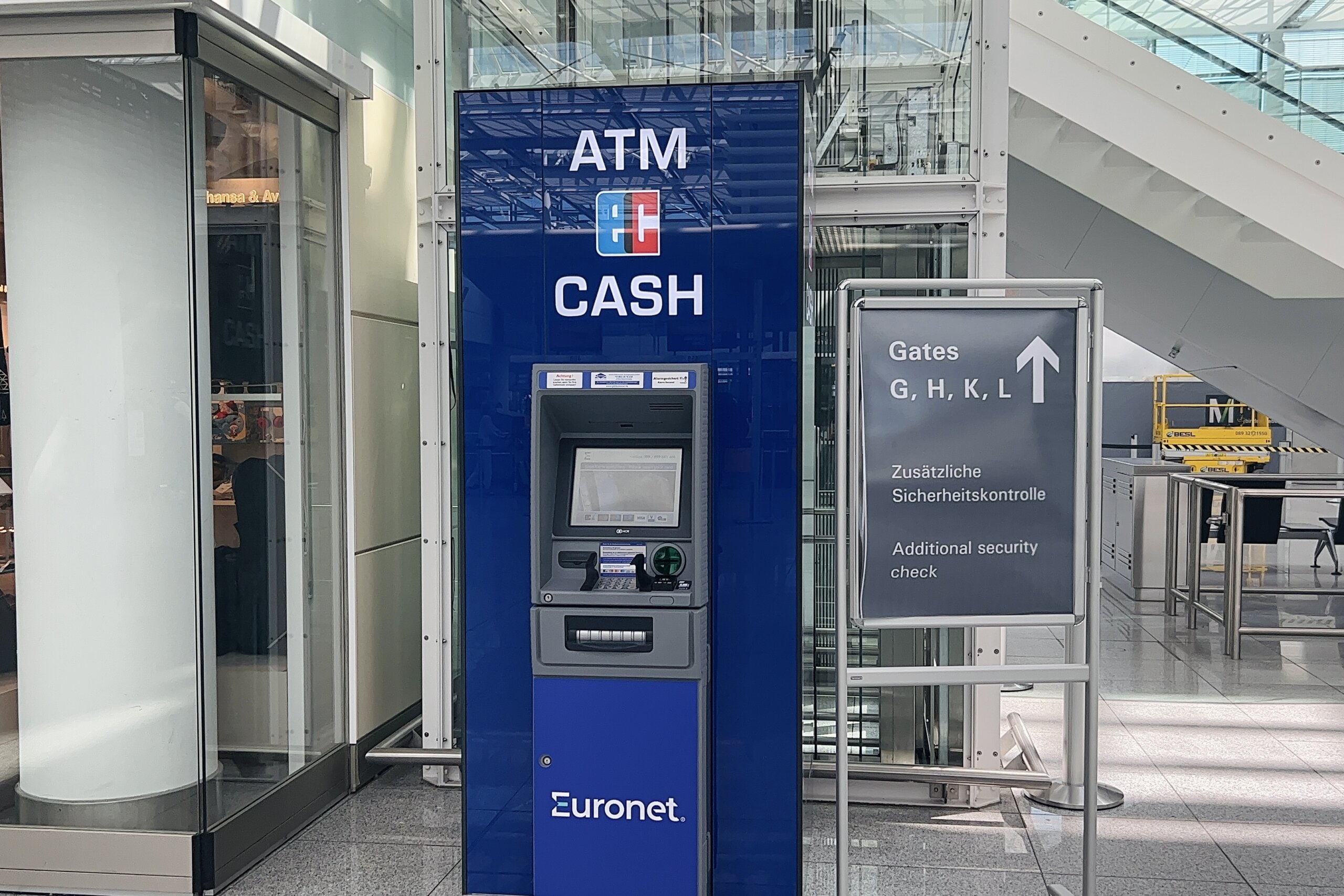
32. Never have noise cancelling headphones on at 100%
Remember: when you’re travelling, make sure you’re never wearing noise cancelling headphones at 100% volume.
It’s very important in travel to be aware of your surroundings and I think a lot of travellers these days can take their safety for granted and wear headphones everywhere because they’re used to them… but it goes without saying, you need to have access to all your senses when you travel, so make sure you can hear!
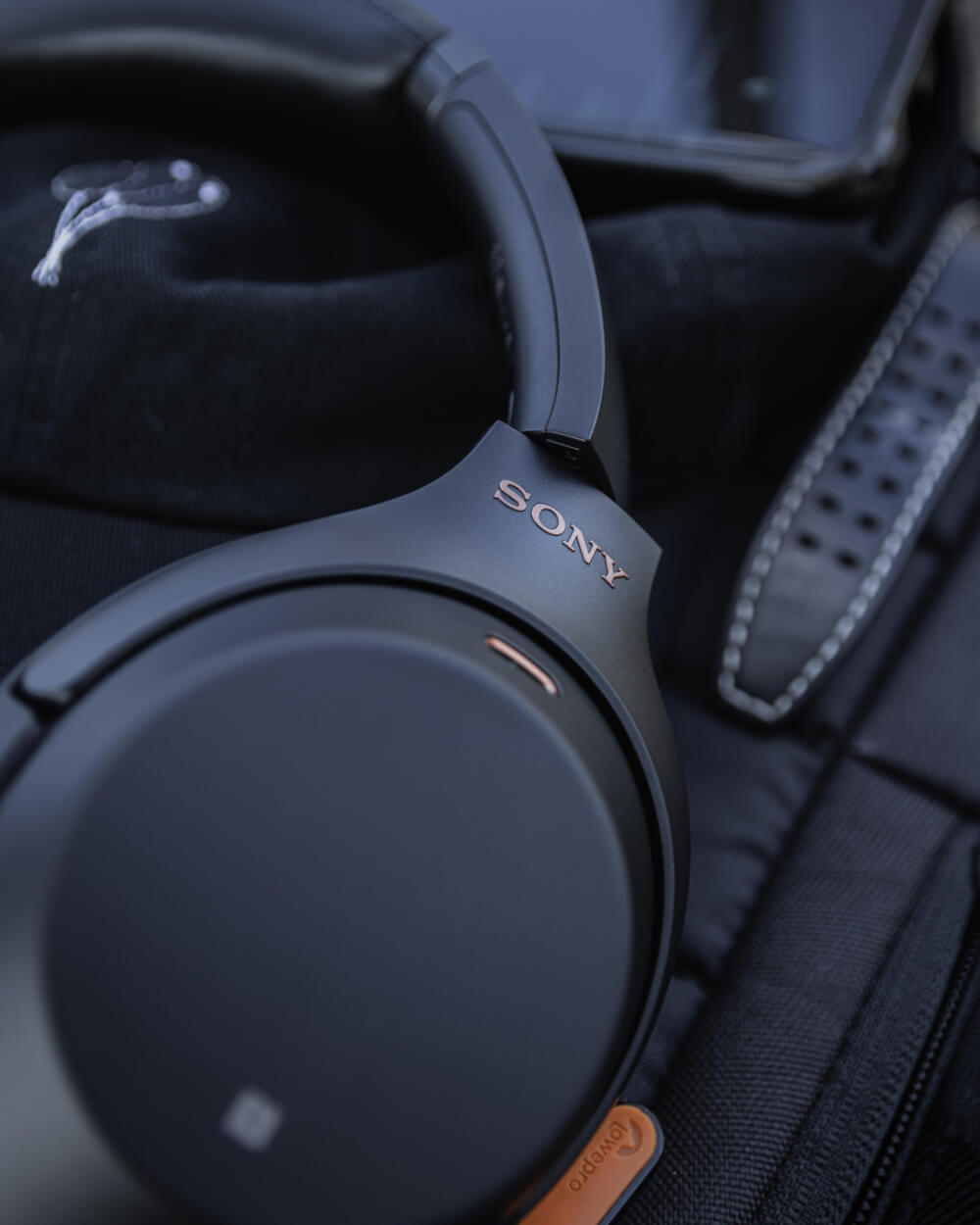
33. Don’t risk personal safety for photos
Finally, I have to be a boring grandma and remind you that your life is not worth risking for a cool photo or video.
I get it – the world is a gorgeous place and it’s in our nature to want nice mementos, but risking your life for a photo or video is never a good idea.
There have sadly been many stories over the years of tourists losing their lives at tall viewpoints or hikes getting photos… so remember stay away from cliff edges, watch out for safety signs and just err on the side of caution whenever possible.
After all, as I’ve said many times – better safe than sorry.
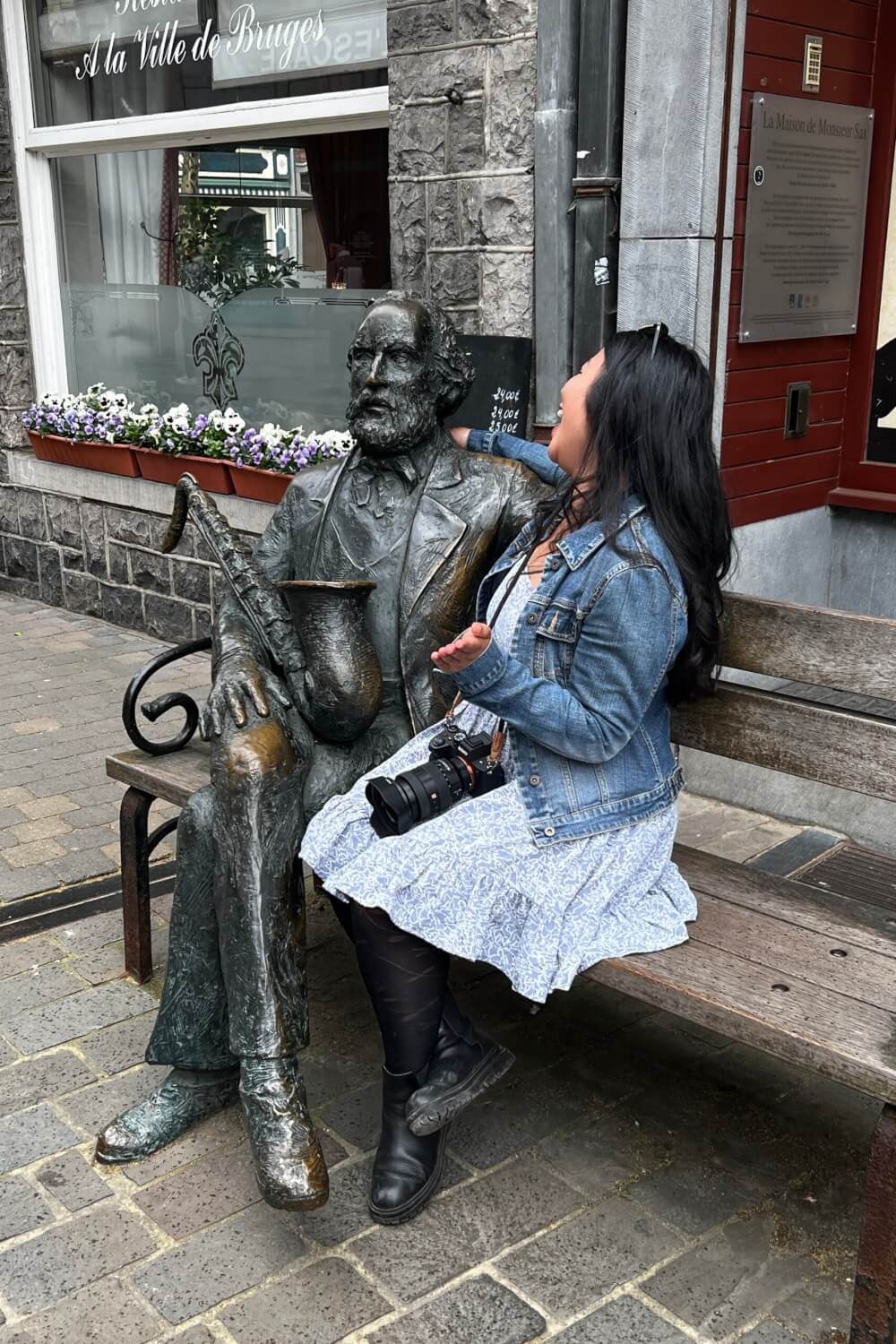
Have Any More Travel Safety Tips to Add?
Let me know in the comments!

